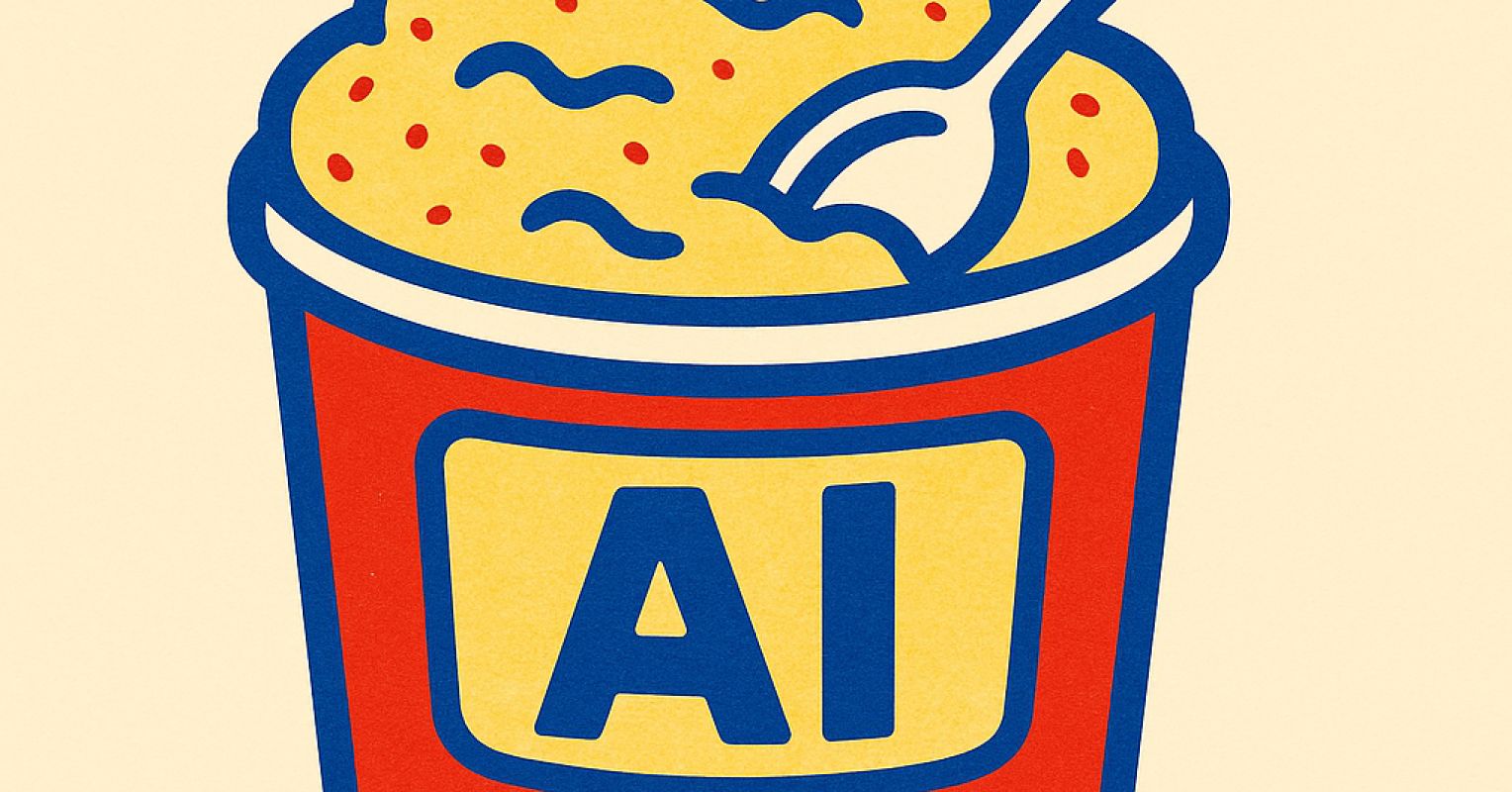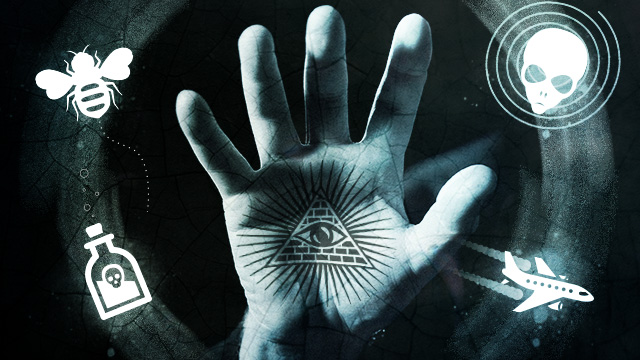#cognitive-bias
#cognitive-bias
[ follow ]
#decision-making #psychology #critical-thinking #misinformation #artificial-intelligence #ai #education
#ai
Artificial intelligence
fromPsychology Today
8 months agoHow AI Changes Student Thinking: The Hidden Cognitive Risks
AI interactions may reinforce cognitive biases through personalized feedback.
Studies link heavy AI use to declines in critical thinking and decision-making.
Educators can counter algorithmic influence with authentic teaching practices.
fromHarvard Business Review
1 week agoWhen AI Amplifies the Biases of Its Users
A widely discussed concern about generative AI is that systems trained on biased data can perpetuate and even amplify those biases, leading to inaccurate outputs or unfair decisions. But that's only the tip of the iceberg. As companies increasingly integrate AI into their systems and decision-making processes, one critical factor often goes overlooked: the role of cognitive bias.
Psychology
fromPsychology Today
2 months agoUnlock the Hidden Power of Self-Knowledge
How do you know if, say, marrying your dating partner will lead to long-term happiness? Or whether accepting a demanding new job (with all the added responsibilities and time dedication) will bring lasting fulfillment? These and other major life choices are made based on the belief that you truly know yourself (i.e. your abilities, values, and desires). In other words, they rely on (presumably accurate) self-knowledge.
Mental health
fromBig Think
2 months agoWant to be a better learner? Start by noticing how you think.
I remember working on my book and catching myself mid-paragraph. I'd just finished a sentence that felt particularly satisfying to write and paused to ask: Why does this feel so good? The answer wasn't flattering. What I'd written sounded smart, but it wasn't clear. I realized I'd been unconsciously filtering ideas through "does this make me look clever?" instead of "will this help the reader?"
Mindfulness
fromPsychology Today
3 months agoOh, the Stories We Tell Ourselves...
But I managed to access my inner professional by simply showing curiosity and asking, "What story are you telling yourself about why he is doubling his efforts to help out?" She replied, "It makes me think that he feels I'm incompetent and that he can do it better than me. I think it's his job to support our family, and mine is to be responsible for all things related to our home."
Relationships
fromPsychology Today
3 months agoThe Coherence Trap: How AI Is Teaching Us to Feel Truth
It's fair to say that belief is rarely rational. We organize information into patterns that "feel" internally stable. Emotional coherence may be best explained as the "quiet logic" that makes a story satisfying, somewhat like a leader being convincing or a conspiracy being oddly reassuring. And here's what's so powerful-It's not about accuracy, it's the psychological comfort or even that "gut" feeling. When the pieces fit, the mind relaxes into complacency (or perhaps coherence).
Artificial intelligence
fromPsychology Today
4 months agoBlaming the Perpetrators: A New Take on Misinformation
The problem of people falling for falsehoods has become an urgent issue in recent years, as new technologies have conspired with sociopolitical currents within the culture to spread misinformation at unprecedented speed and reach. Psychologists who study this issue have focused mainly on individual vulnerabilities: the cognitive quirks and biases that predispose us to believe falsehoods, buy into lies, and give in to speculation.
Psychology
fromFast Company
4 months agoWhy the best way to solve problems may be to think backwards
Thinking forward is an automatic process. Cause, then effect. Input, then output. A to B. It feels logical-and normal to start with a conclusion, then find justification around it.But we can always take our thinking a step further. Sometimes, the best way to get the answers you want is to think backwards. It's called mental inversion. Turn the whole thinking process upside down. As the great algebraist Carl Jacobi said, "Invert, always invert."
Philosophy
fromPsychology Today
4 months agoCan We Train Students' Brains to Be Less Biased?
Everyone employs bias-otherwise known as cognitive shortcuts-in their lives every day. Imagine you're scrolling through your social media feed and immediately dismiss a news article because it comes from a source you don't typically trust. Or maybe you're convinced your favorite restaurant is the best in town, remembering all the great meals you've eaten there while forgetting that mediocre dinner last month.
Psychology
fromFast Company
6 months agoWhat's your investment psychology?
The investment decisions people make are often influenced by cognitive biases that can lead to irrational decisions or behavior contrary to personal financial goals. Cognitive biases, like the status quo bias, showcase a tendency to prefer existing circumstances over change.
E-Commerce
Fundraising
fromPsychology Today
7 months agoWhy Smart People Fall for Fraudulent Schemes
Scams exploit emotions, not intelligence; anyone can fall for a Ponzi scheme.
Victims endure trauma and shame, with recovery being as crucial as financial restoration.
To avoid scams, stay alert and verify claims before trusting promises.
Board games
fromPsychology Today
8 months agoWhy a Twist to the Monty Hall Problem Stumped So Many
Even experts can misjudge subtle changes in familiar puzzles.
Heuristics simplify decisions but can compromise accuracy.
Critical thinking challenges us to scrutinize our instant conclusions.
Small tweaks to problems can reignite confusion.
#artificial-intelligence
Artificial intelligence
fromPsychology Today
8 months agoThe Solution to the AI Alignment Problem Is in the Mirror
Humanity faces existential risks as AI technology evolves rapidly, potentially surpassing human intelligence.
Our evolutionary traits clash with modern tech, often leading to divisive societal issues.
[ Load more ]











